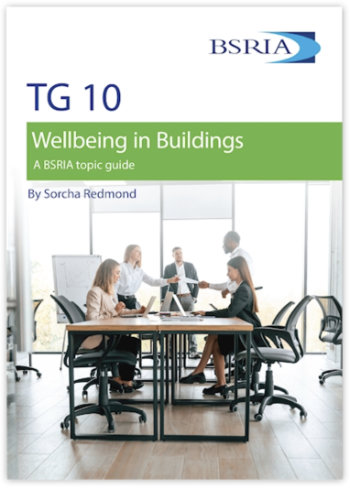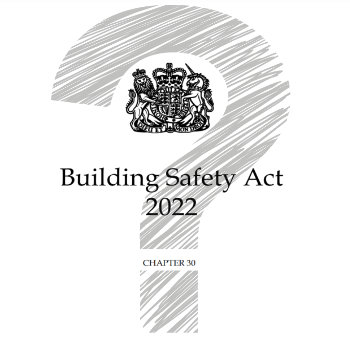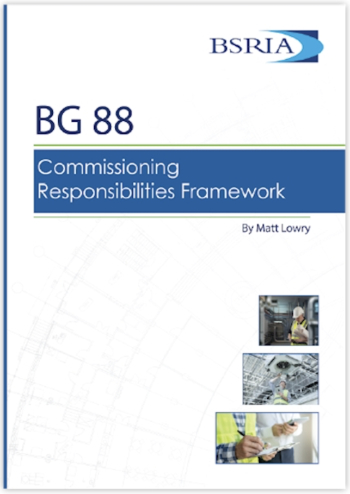Flood insurance

|
The twin effects of climate change and development on flood plains have become increasingly problematical for home owners and property insurers. Greater amounts of rainfall generally and more and more exceptional weather incidents have resulted in the insurance industry facing ever-rising flood-related insurance claims. In the UK, summer 2012 was the wettest for a century, in June alone flood claims were running at around £17 million per day, while in November 2019, floods in Yorkshire and Derbyshire caused widespread misery and damage to property.
All this means that properties in flood-prone areas are increasingly expensive to insure. Some are completely uninsurable.
Since 2000, in response to the increasing risk of flood damage to vulnerable properties, there has been an agreement in place between Government and the insurance industry (represented by the Association of British Insurers) whereby insurers would continue to offer insurance cover on vulnerable properties in return for guaranteed levels of public spending on flood defences.
However, this agreement ended in 2013 and was superceded by a new agreement which took effect in 2015, under which all homeowners, not just those affected by flooding, pay a fixed annual sum to help cover the cost of flood damage. This helps reduce insurance costs of those directly affected. In fact, homeowners have, for some time, been paying this amount, but the arrangement is now being formalised.
Insurers may continue to offer renewal terms on vulnerable properties, although the premiums will still be high when compared to low-risk properties. The premium differential for equivalent properties in high and low risk areas can be as much as four times.
If a property is in a high flood-risk area, there is no guarantee that insurance will either be available, or available at reasonable cost and the new agreement does not change these facts. Information on flood risk is available via the Environment Agency.
[edit] Related articles on Designing Buildings
- BREEAM Flood risk management.
- BS 851188.
- Environment Agency.
- Factors affecting property insurance premiums.
- Flood.
- Flood and Water Management Act.
- Flood Re.
- Flood risk.
- Flood risk management plan.
- Future Water, The Government’s water strategy for England.
- Insurance.
- Joint names policy.
- Planning for floods.
- Pitt review.
- Rainwater harvesting.
- River engineering.
- Sustainable urban drainage systems.
- Thames barrier.
- Water engineering.
[edit] External references
--Martinc
Featured articles and news
Wellbeing in Buildings TG 10/2025
BSRIA topic guide updates.
With brief background and WELL v2™.
From studies, to books to a new project, with founder Emma Walshaw.
Types of drawings for building design
Still one of the most popular articles the A-Z of drawings.
Who, or What Does the Building Safety Act Apply To?
From compliance to competence in brief.
The remarkable story of a Highland architect.
Commissioning Responsibilities Framework BG 88/2025
BSRIA guidance on establishing clear roles and responsibilities for commissioning tasks.
An architectural movement to love or hate.
Don’t take British stone for granted
It won’t survive on supplying the heritage sector alone.
The Constructing Excellence Value Toolkit
Driving value-based decision making in construction.
Meet CIOB event in Northern Ireland
Inspiring the next generation of construction talent.
Reasons for using MVHR systems
6 reasons for a whole-house approach to ventilation.
Supplementary Planning Documents, a reminder
As used by the City of London to introduce a Retrofit first policy.
The what, how, why and when of deposit return schemes
Circular economy steps for plastic bottles and cans in England and Northern Ireland draws.
Join forces and share Building Safety knowledge in 2025
Why and how to contribute to the Building Safety Wiki.
Reporting on Payment Practices and Performance Regs
Approved amendment coming into effect 1 March 2025.
























Comments
To start a discussion about this article, click 'Add a comment' above and add your thoughts to this discussion page.